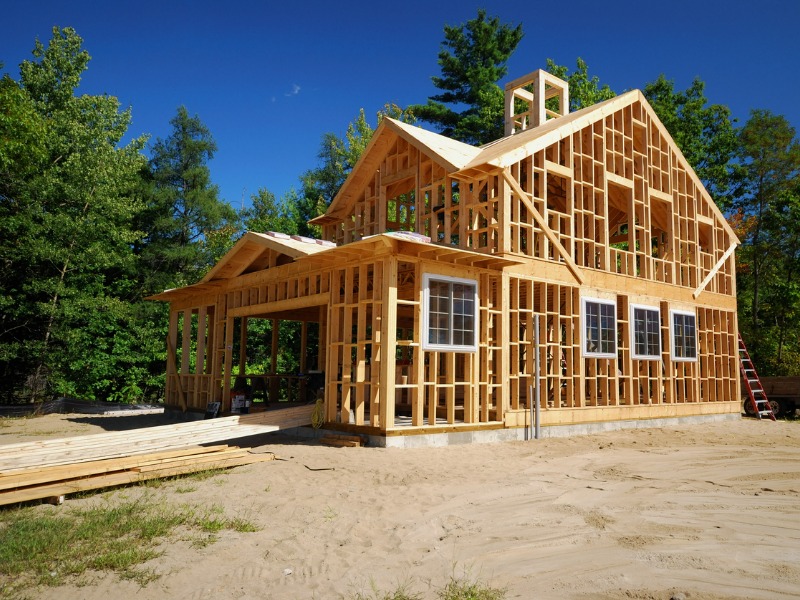Rising lumber, materials costs lead claims professionals to tweak their approach

With the inflation rate at a 30-year high, specialists handling home reconstruction claims are making adjustments that reflect surging prices for construction components – including lumber, finishing materials and appliances.
What started as supply chain problems, some of which were felt prior to COVID-19, is now settling into a long-term, entrenched inflationary cycle.
“The problem is that…the factors that have the most significant effect on the prices are some of the most ethereal and hard to identify,” said Justin White, vice president of specialty services and principal building consultant at Sedgwick, Building Consulting Services.
“The real issue is understanding that a seemingly innocuous event in one part of the world can enormously impact another.”
In an “age of age of interconnected everything,” White added, claims professionals can use a variety of tools to track and estimate damage repair costs.
Those include software programs and inspection tools, including one that “incorporates a mobile app and 360 camera virtual tour to accurately document the site and damages,” said Alex Williams, national lead for ClaimsPro’s Valuate team.
The team handles estimates across Canada and can monitor and identify trends, compare regions, CAT volume pricing adjustments, etc.
“We also have local offices relaying information back to us constantly for each region – trade shortages, material price increases, delays,” Williams added.
“With all of these factors in play, we are confident in our ability to continue providing clients with accurate inspections [and] scoping while addressing pricing issues as they arise.”
But, because market changes can be difficult to predict, it’s important for claims professionals to be able to adjust in-house systems to follow cost trends and ensure any payouts will cover customer losses.
“[We] make it our business to track the prices of more common commodities on an ongoing basis,” said White. “Every day, I look at the fundamental construction indexes and again review that info for trends weekly and monthly.”
He also reviews several commercially available pricing services that conduct “call-around surveys and extract pricing data from major retailers.”
While that data doesn’t give a global understanding, he said, it does provide pricing updates within days, or sooner, for the most popular commodities.
“There is no magic approach to getting the pricing right and updated,” said White.
Instead, claims professionals must review outputs and apply their experience with large-scale global pricing issues against nuances at the local level.
“It may not be up to the hour,” he added, “but it is certainly up-to-the-day accurate when appropriately performed.”
Feature image by iStock.com/gmnicholas



